
Hook(worms), Line, and Sinker
Hookworms are long, white worms that are bent at each end giving them a “fishing hook” appearance. They attach to the small intestine in animals and suck blood. If there are enough hookworms present, they can cause severe blood loss – especially in puppies.
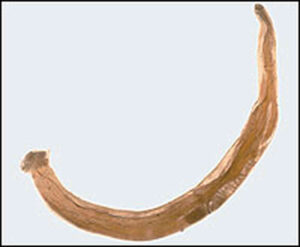
The Hookworm Life Cycle
Adult hookworms live in the small intestine and shed eggs in the pet’s feces.
The feces gets in the environment, the eggs hatch and become larvae. The larvae go through several stages to become infective.
Another pet can then either ingest the larvae from the environment, through eating other creatures (like cockroaches), or even through penetration through the skin.
Hookworms can also be transmitted through the milk from an infected female dog to her puppies.
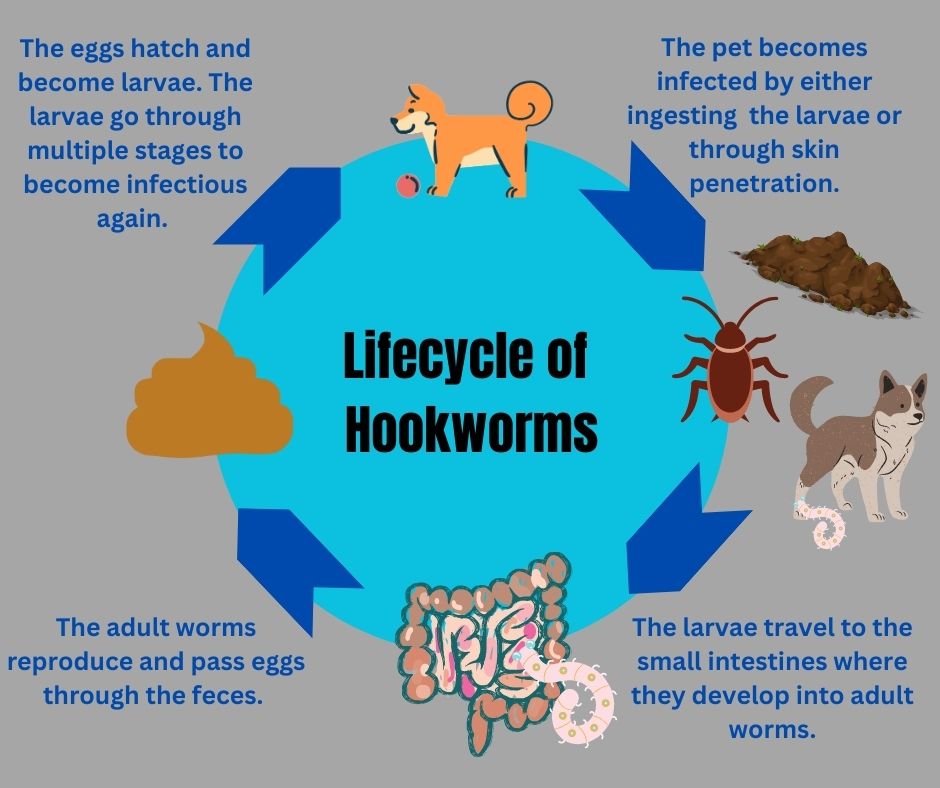
Treatment
There are several medications available to treat hookworms, including the monthly intestinal parasite preventions! If you have brought a puppy to us, then you have likely seen us give an oral medication called Strongid. This is a type of deworming medication that treats hookworms (and other intestinal parasites). We routinely deworm puppies because they likely picked up parasites from their mom, and since they are young, they are more susceptible to other infections as well.
Prevention
Many monthly preventions also treat active hookworm infections in addition to preventing future infections. That is another reason why it is important to start your pet on a monthly prevention early in life and keep them on the prevention lifelong! Hookworms don’t have a season – they can be found in the environment or in prey on even the coldest days!
The most common preventions we recommend that treat and prevent hookworms include Interceptor Plus, Heartgard Plus, and Simparica Trio. This is not a complete list though, so ask your veterinarian which prevention is the best for your pet.
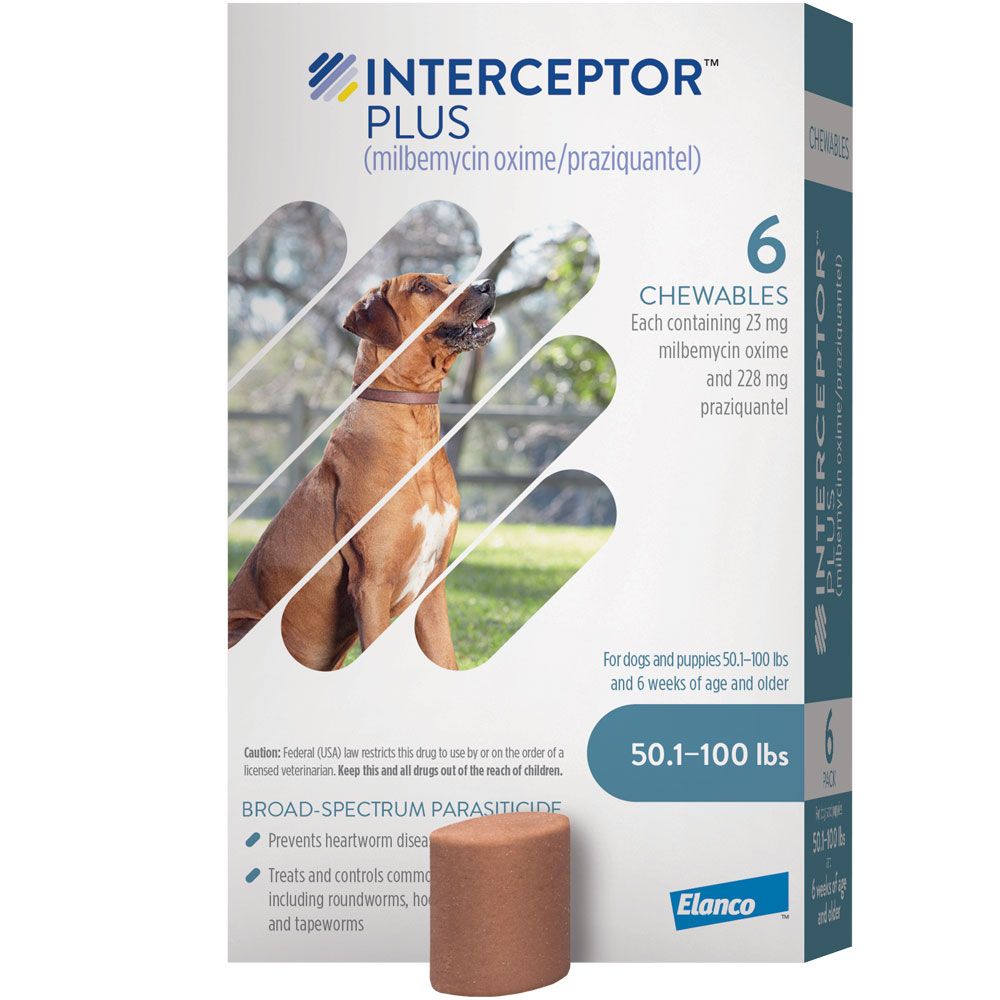
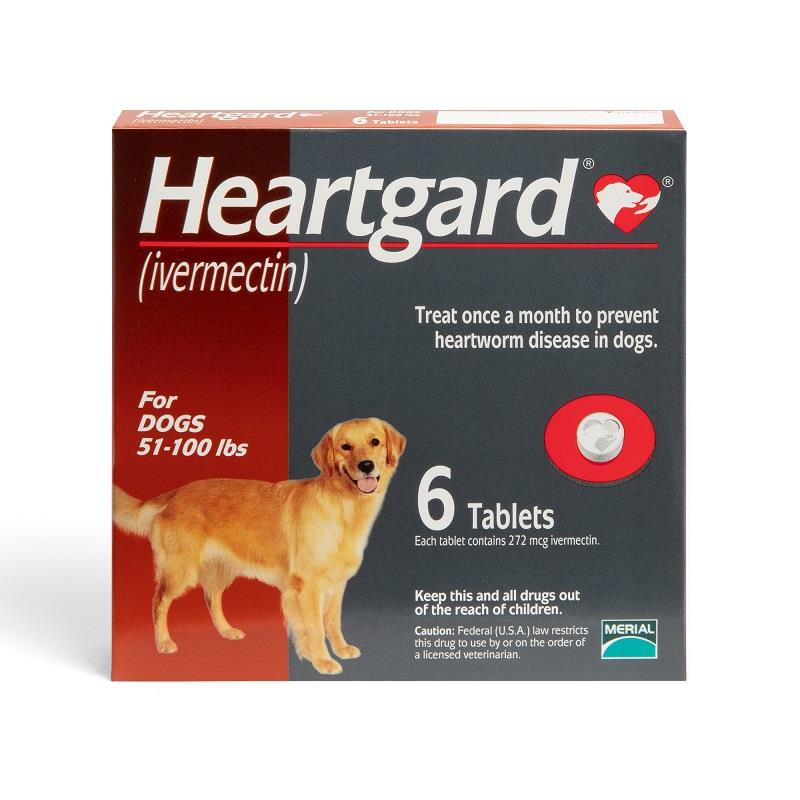
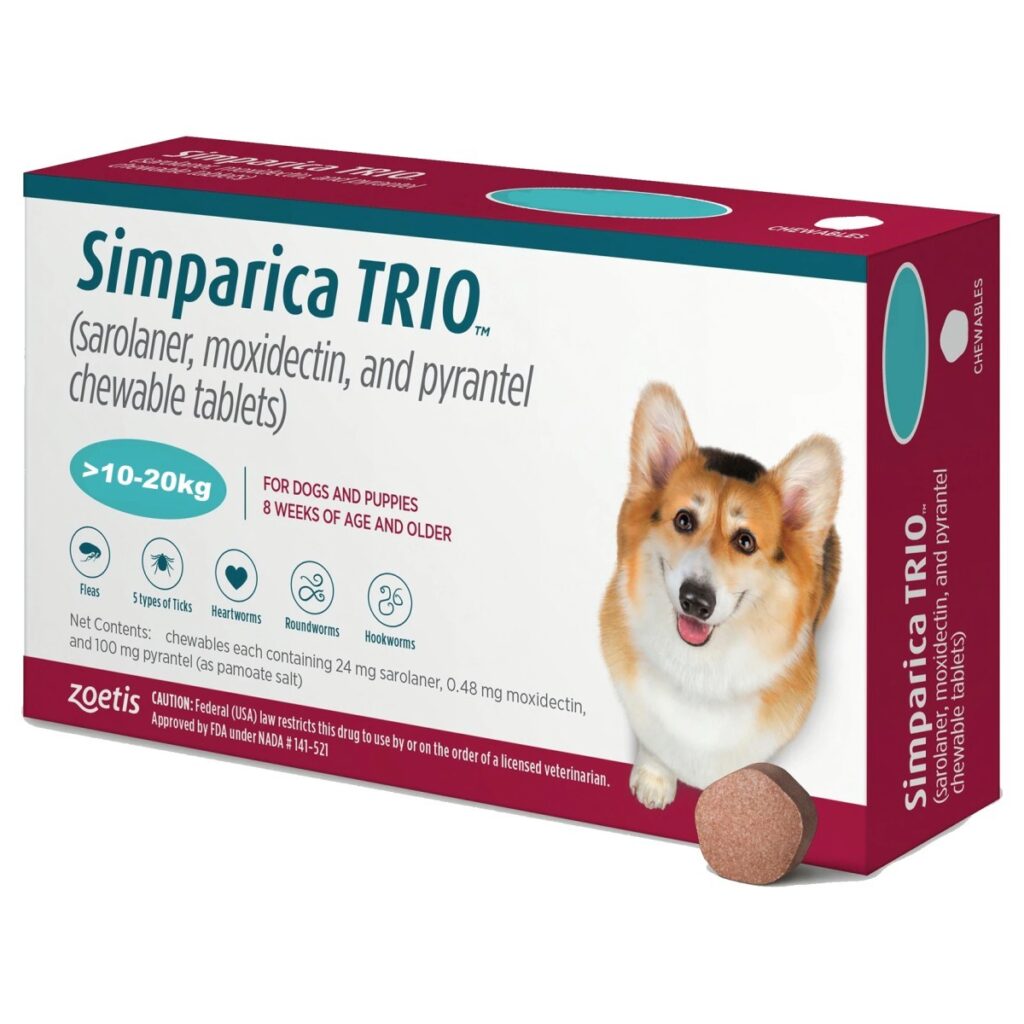
ZOONOTIC!
Hookworms are considered zoonotic, which means they can be transmitted to humans! So, when you put your pet on prevention you are not only protecting them – you are also protecting yourself and your family from a potentially dangerous infection.
Hookworm Testing
We test for hookworms by looking at fecal samples! The sample undergoes some processing in order to filter out some of the debris and make it easier to identify what we are looking for: the eggs that are shed in the feces.
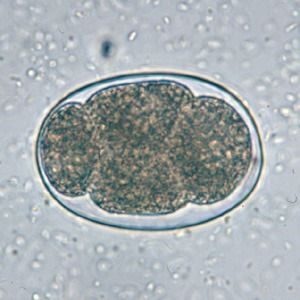
Highlights
- Hookworms are worms that burrow into the intestines and suck blood.
- Hookworms can be transmitted in many ways: contaminated environment, contaminated prey, skin penetration, and even through milk during nursing.
- Hookworms can be treated many different ways, but it is always best to prevent infection in the first place.
- Hookworms are considered zoonotic, which means they can be a threat to you too!
Now It’s Your Turn!
Don’t forget to use the information in this post to fill out your Parasite Bingo card.
